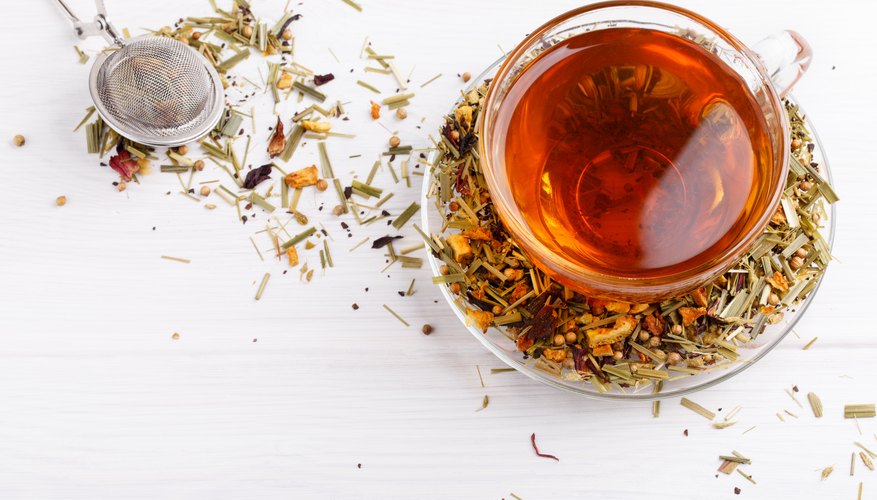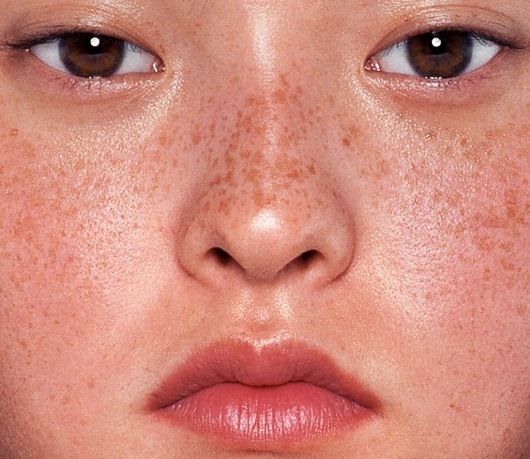Licorice tea pregnancy
Is Licorice Safe During Pregnancy? Root, Teas and Extracts
If you’ve recently searched the internet for licorice (also spelled liquorice), you might have been surprised by the results. From motherhood blogs to the New York Times, eating licorice while pregnant appears to be unsafe at first glance. Is this true?
Due to the sweet-tasting compound, glycyrrhizic acid, found in licorice, routinely eating or drinking large amounts of licorice-containing foods while pregnant can cause a variety of problems both for mother and child.
For this reason, it is best to stick to licorice-style products made without glycyrrhizin or consume regular licorice sparingly when you’re pregnant.
Given that some licorice products are often used as ‘natural’ remedies for symptoms common in pregnancy, many women also wonder if these uses are safe or if they can still benefit from glycyrrhizic acid-free licorice.
I’ll break down any benefits, the safety concerns, and which types of licorice are safest during pregnancy.
Covered in this Article:
Licorice Root and Pregnancy: Safe or Not?The main reason for the warnings on the dangers of eating licorice during pregnancy comes from a recent study on the topic. This 2017 study linked high licorice consumption during pregnancy with decreased cognitive function in children and was later picked up by major news hubs.
The study in question compared mothers who had low to no amount of licorice during pregnancy to mothers who ate a large amount of licorice.
Researchers found that children of mothers who ate large amounts of licorice while pregnant were more likely to score lower on IQ tests, be 3-times more likely to be diagnosed with attention-deficit hyperactivity disorder (ADHD), and that the girls had a higher chance of going through puberty earlier (source: American Journal of Epidemiology).
A couple of other studies have also shown that eating large amounts of licorice during pregnancy is linked to higher chances of preterm birth and increased maternal blood pressure (source: Obstetrics and Gynecology, BMC complementary and Alternative Medicine).
The link between licorice and these negative outcomes comes down to glycyrrhizic acid, one of the sweet-tasting compounds in licorice. This acid stops the function of an enzyme important for the metabolism of certain hormones (source: Food and Chemical Toxicology).
These hormones are important for the control of blood pressure and the heart, which is how eating too much licorice can lead to high blood pressure and early delivery.
Importantly, glycyrrhizic acid is not in all licorice products and can be present in varying amounts.
Black vs Red Licorice When Pregnant
Licorice is consumed as candy (both in red and black varieties), tea, supplement/powder, and flavoring extract. The most popular brands of red licorice candies do not contain any actual licorice and are safe to eat when pregnant.
Black licorice, however, is made with actual licorice root or its extract and does contain the potentially harmful compound.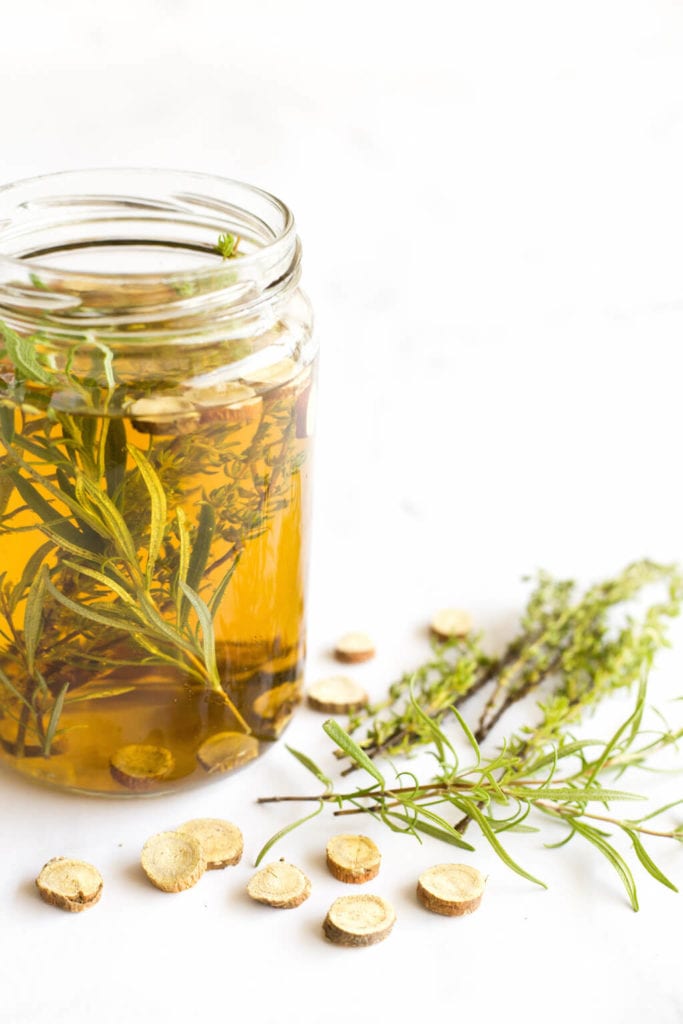 For this reason, black licorice should be limited or avoided altogether during pregnancy.
For this reason, black licorice should be limited or avoided altogether during pregnancy.
If you’re interested in the safety of licorice tea and extracts, both of these will be discussed in their own sections below.
How Much Licorice Is Safe In Pregnancy?As I mentioned above, the dose of glycyrrhizic acid is what makes some licorice products potentially unsafe.
Only eating large amounts of licorice with >500 milligrams of glycyrrhizic acid each week is linked to any negative effects. Some scientific and food safety councils around the world have set even lower safety limits, ranging from 100-200 milligrams per day, with lower amounts for those who eat licorice on a regular/daily basis.
The European Scientific Committee on Food goes a step further, stating that 10 milligrams per day is a safe amount of glycyrrhizin. But how can you know the amount of glycyrrhizic acid in your favorite licorice treat?
Red licorice: Typically, red licorice products do not contain any actual licorice.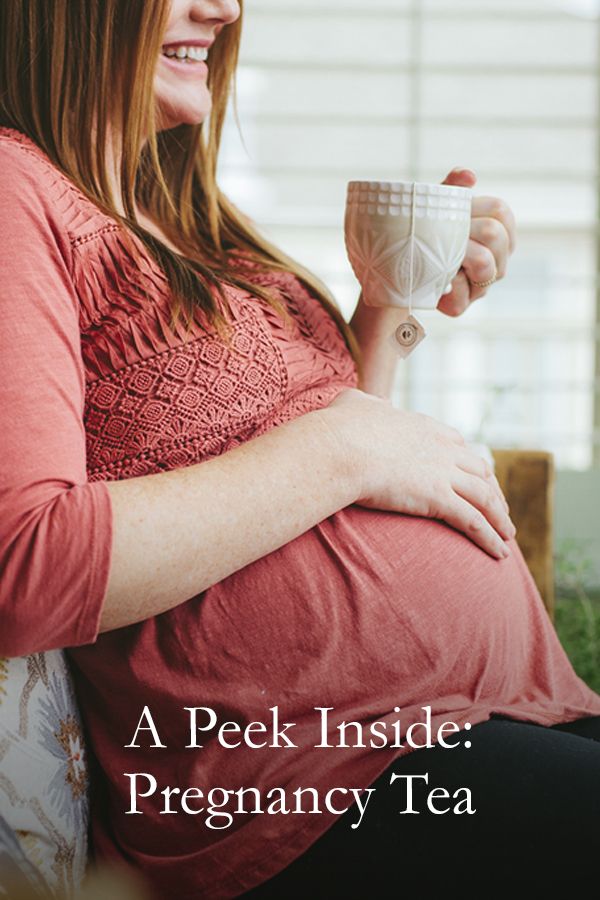 As always, it is the safest choice to read the ingredients label before enjoying, just to double-check.
As always, it is the safest choice to read the ingredients label before enjoying, just to double-check.
Black licorice: On average, approximately 150 grams of black licorice candy contains 200 milligrams of glycyrrhizin (source: Therapeutic Advances in Endocrinology and Metabolism). This equals a little over half of a 10-ounce bag of the popular Wiley Wallaby brand soft black licorice candy.
Some licorice products are also made with de-glycyrrhizinated licorice, where the glycyrrhizin is removed. These products are likely more safe than their glycyrrhizin-containing counterparts.
Licorice tea: Though the glycyrrhizin content of homemade licorice tea can be variable based on the recipe and preparation you use, store-bought teas do not tend to be high in the compound. On average, a single 8-ounce cup contains only 31.5 milligrams of glycyrrhizin (source: Therapeutic Advances in Endocrinology and Metabolism).
If you are a fan of licorice tea, do keep in mind that this number can add up quickly if you drink the tea often.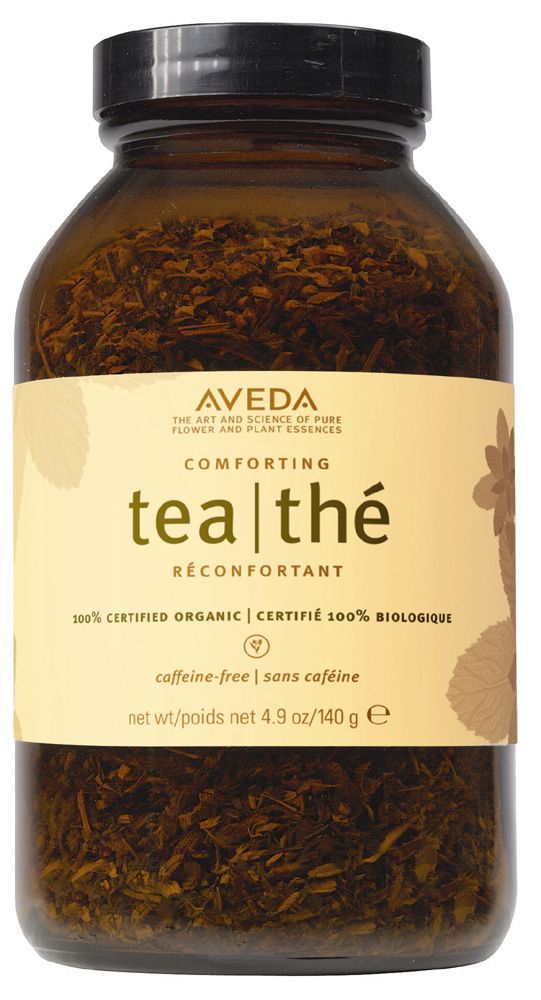 More on licorice tea is below.
More on licorice tea is below.
Licorice extract: Liquid licorice extracts are more potent than the root itself. Doses of 2-4 milliliters provide on average 200-800 milligrams of glycyrrhizin, way over any amount deemed safe (source: Therapeutic Advances in Endocrinology and Metabolism).
Is Licorice Tea Safe When Pregnant?Licorice tea has been used as an herbal remedy for digestive problems, and many pregnant women feel inclined to try it as a more ‘natural’ alternative for these pregnancy symptoms. While licorice tea might soothe the throat and stomach, there can be unintended consequences if you drink too much.
There are several reports of licorice tea causing high blood pressure. While these cases were seen in non-pregnant adults, it is very possible for the same effects to happen in pregnant women as well.
What’s more, having high blood pressure during pregnancy puts both mom and baby at risk for complications such as pre-eclampsia and preterm delivery (source: CDC).
The dangers of licorice tea are again due to the compound glycyrrhizin (or glycyrrhizic acid). If you are a regular drinker of licorice tea, it is best to limit or refrain from the tea until after you have given birth. Otherwise, you can enjoy it only in moderation, particularly if it’s brewed weakly, to minimize the glycyrrhizin content.
Is Licorice Extract Safe During Pregnancy?Similar to licorice tea, licorice extract is often sold as a ‘natural’ way to get heartburn relief (source: Harvard Health). Out of all of the ways to consume licorice, extracts contain the most glycyrrhizic acid in their relatively small volume, making it easy to accidentally ingest unsafe amounts.
Often, herbal heartburn relief supplements contain deglycyrrhizinated licorice (DGL), posing less of a risk. If you find a helpful supplement that contains licorice, be sure to verify with the manufacturer that it does indeed contain only deglycyrrhizinated licorice.
For these reasons, it’s best to avoid regular licorice extract when you’re pregnant and only look for deglycyrrhizinated extract. As always, only use supplements from reputable and trustworthy brands that have been tested by a third party for purity and quality.
I Accidentally Ate Licorice When Pregnant: What Should I Do?It is very common for women to have eaten licorice candy, root, or have had some licorice tea before reading that it may be unsafe. If this happens to you, the first step (and perhaps the most challenging) is not to worry.
The potential for negative effects after eating licorice only happens when a large amount of licorice is consumed regularly or even daily.
Though eating a full bag of black licorice candy one time will have included an amount of glycyrrhizin over the recommended limit, remember that this limit is set based on frequent consumption and a one-off is not likely to cause any serious effects.
Staying in tune with your body, how you are feeling, and if you are noticing any symptoms of high blood pressure can also be helpful.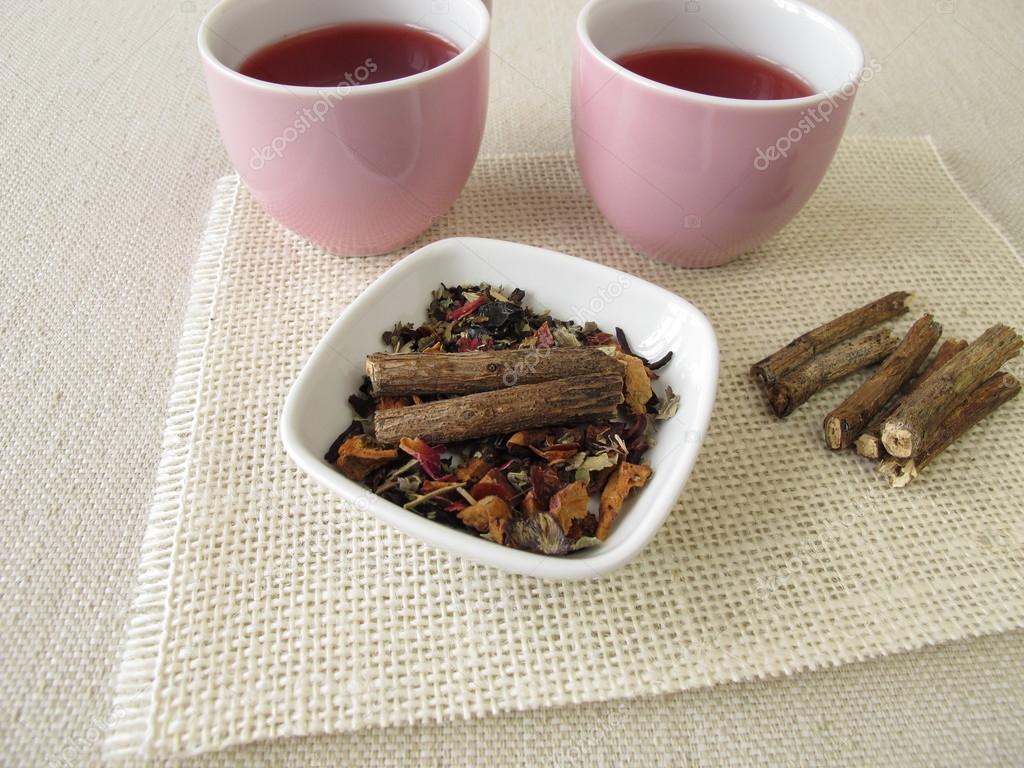 If you do find yourself experiencing signs of high blood pressure that are out of the ordinary for your body, contact your medical providers for personalized guidance.
If you do find yourself experiencing signs of high blood pressure that are out of the ordinary for your body, contact your medical providers for personalized guidance.
Licorice- in all of its forms- has a lot more than meets the eye. Hopefully, this article has given you some practical guidance when it comes to which kinds of licorice and how much can be safe during pregnancy.
| This article has been reviewed and approved for publication in line with our editorial policy. |
New Study Suggests Women Should Avoid…
Red candy may be all the rage this Valentine’s Day, but should moms-to-be avoid licorice? A new study suggests this treat may be detrimental to the health of pregnant women and their unborn babies.
Pregnant women might want to consider adding licorice to their list of forbidden foods, a recent study suggests. Researchers concluded that children of mothers who had consumed “large amounts” of licorice (250 grams, or nearly 9 ounces a week) during their pregnancies scored lower on cognitive tests of reasoning and memory and also showed more signs of attention deficit hyperactivity disorder (ADHD).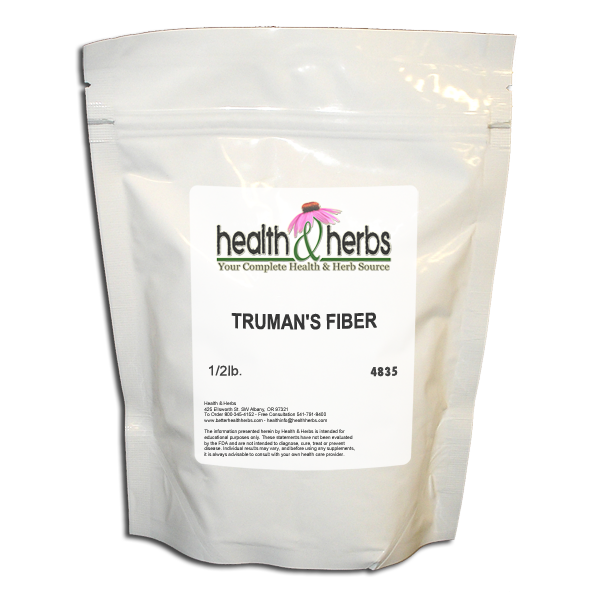 Considered altogether, the cognitive problems among the 378 children studied were equivalent to a 7-point drop in IQ, the authors wrote in their paper published in the American Journal of Epidemiology.
Considered altogether, the cognitive problems among the 378 children studied were equivalent to a 7-point drop in IQ, the authors wrote in their paper published in the American Journal of Epidemiology.
This study is just the latest noting the harmful effects of glycyrrhizin, a part of the licorice plant that’s 50 times sweeter than sugar and has long been used in traditional Chinese medicine to treat ulcers and food poisoning. The natural chemical is also used to make throat lozenges, root beer and is used to color some stout beers. Studies have also linked glycyrrhizin with blood pressure spikes and shorter pregnancies, and the US Food & Drug Administration warned that consuming black licorice could cause potassium levels in the body to drop, which could result in “abnormal heart rhythms, high blood pressure and congestive heart failure.”
The good news: American women should note that the licorice sold in this country likely contains negligible amounts of glycyrrhizin. Many licorice-type products sold in the United States contain anise oil, which has a similar aroma and test but doesn’t pose the health risks of glycrrhizic acid. For instance, one popular licorice product, Twizzlers -- which consist mostly of corn syrup, wheat flour and sugar -- don’t contain any glycrrhizic (or even anise oil). Although black licorice generally is more likely to contain the chemical, experts say it’s found in very small amounts in products sold in the United States.
Many licorice-type products sold in the United States contain anise oil, which has a similar aroma and test but doesn’t pose the health risks of glycrrhizic acid. For instance, one popular licorice product, Twizzlers -- which consist mostly of corn syrup, wheat flour and sugar -- don’t contain any glycrrhizic (or even anise oil). Although black licorice generally is more likely to contain the chemical, experts say it’s found in very small amounts in products sold in the United States.
So what do health experts have to say? “With studies like this, we need to be mindful that people in different countries often eat very different types of food,” says Kelly Kasper, MD, gynecologist at Indiana University Health. “So considering these results in terms of the American diet might be apples to oranges.” Of course, she says, expectant moms always want to err on the side of caution when it comes to the health of their unborn babies.
The researchers in this and other studies of glycyrrhizic have concluded that the chemical appears to affect the regulation of cortisol, the stress hormone that is necessary for fetal development but can be harmful to unborn babies when too much is produced.
And it’s of course easy to buy black licorice from other countries online, such as Finland and Australia, which are more likely to be flavored with licorice extract than with anise oil. So, concerned moms-to-be with a taste for black licorice might want to talk to their OB-GYNs about how much of it is safe to eat during pregnancy.
That said, Dr. Kasper says she doesn’t think there’s much cause for alarm if Twizzlers are your go-to movie candy and not an everyday treat.
“It’s hard to draw the conclusion that it was licorice consumption during pregnancy that led to these kids having issues when they were so much older,” Dr. Kasper says, noting that researchers evaluated kids who were 13 years old on average, so many other factors could have contributed to the results.
The researchers’ conclusions were also gleaned from self-reported data from the moms, which tends to be less reliable, she says. “It could be more a reflection of how the mothers ate, or how the kids ate as they developed?” Dr. Kasper says. “And that’s a difficult conclusion to draw without more research.”
Kasper says. “And that’s a difficult conclusion to draw without more research.”
-- By Virginia Pelley
Doesreally help with low blood pressure? • Musanews
Licorice is commonly eaten. root , characterized by the characteristic fresh and rich taste of is not always liked by everyone. This type of plant with its roots has been the subject of research to identify it. any properties, as well as contraindications . But is it possible to eat licorice during pregnancy? Before you know, here is a video of series products to pay attention to within 9months of pregnancy.
What is licorice?
Licorice alone herbaceous plant is known mainly because its roots can be chewed and releases a typical aroma and active ingredient (glycyrrhizic acid). This phytotherapeutic properties of are good for the body, but 's many contraindications should not be underestimated especially if you are pregnant. Although it tastes like anise, star anise or wild fennel, licorice does not belong to this plant species, but is part of the legume family, present in southern Europe and parts of Asia. In addition to roots, there are 90,003 candies, herbal teas, liqueurs, and liquorice-based supplements on the market. Let's look specifically at the advantages and contraindications of this controversial product.
Although it tastes like anise, star anise or wild fennel, licorice does not belong to this plant species, but is part of the legume family, present in southern Europe and parts of Asia. In addition to roots, there are 90,003 candies, herbal teas, liqueurs, and liquorice-based supplements on the market. Let's look specifically at the advantages and contraindications of this controversial product.
Licorice during pregnancy: properties
Licorice has been used in the past in medicinal purpose for the fighter indigestion, inflammation, gastritis, ulcer, cough and constipation . Thus, the benefits relate primarily to gastrointestinal tract, but they are not the only ones. According to herbal medicine and medicinal herbs, licorice is also suitable as anti-inflammatory and analgesic stomach, bronchodilator, expectorant and laxative. In addition, the active ingredient glycyrrhizin has been shown to be antiviral, antimicrobial, anti-inflammatory, liver protective, and beneficial in stimulating blood circulation.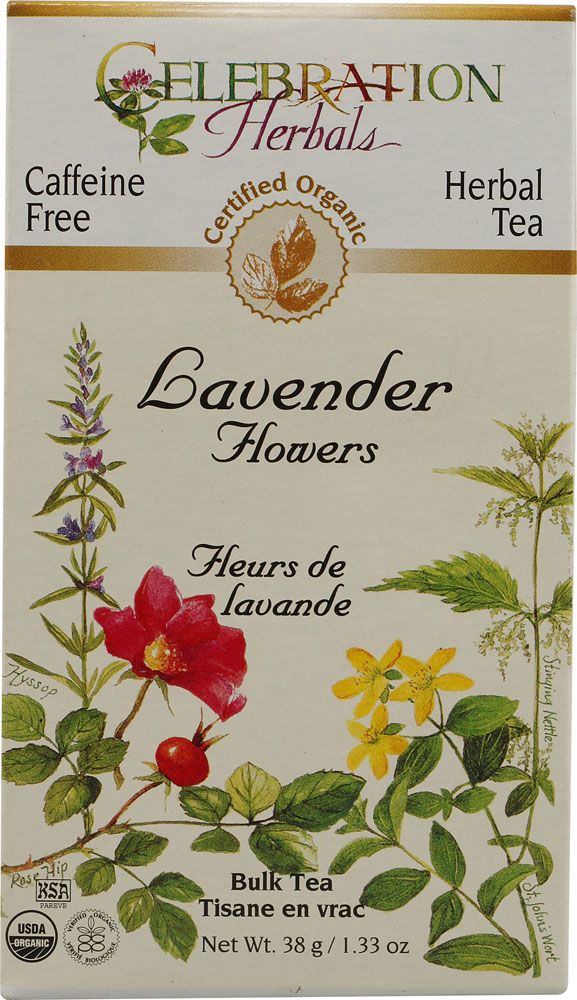
Intravenous glycyrrhizin slows down the progression of viral hepatitis and autoimmune; while when applied topically as a cream or ointment, acts against atopic dermatitis . Ultimately, this proves to be useful in preventing neurodegenerative diseases and caries.
- Advertisement -
© GettyImagesCan licorice be toxic during pregnancy?
It is true that eating licorice during pregnancy can affect the child's intelligence? According to some studies conducted by the University of Helsinki, the active ingredient of licorice when taken during pregnancy, it can affect the IQ of the fetus , its memory and be the cause of disorders associated with attention deficit hyperactivity disorder.
Also according to these studies, girls whose mothers consumed licorice during pregnancy had serious illnesses. the possibility of entering into precocious puberty ; not to mention guys who recovered 7 points less (on average) on intelligence tests and their mothers confirmed that they ate large amounts of licorice during pregnancy .
the possibility of entering into precocious puberty ; not to mention guys who recovered 7 points less (on average) on intelligence tests and their mothers confirmed that they ate large amounts of licorice during pregnancy .
Obviously, it is legitimate to question these studies, especially since glycyrrhizin , the active ingredient in licorice, is also present in other products. Moreover, there are so many factors that can affect a child's cognitive development that we don't know if they were actually taken into account before reaching such conclusions.
So, in conclusion licorice during pregnancy is it harmful? This cannot be said with certainty, and it is not certain that pregnant women should avoid its use 9 months before delivery. However, as a precaution, it would be best to avoid all products that contain , including teas, herbs, and extracts.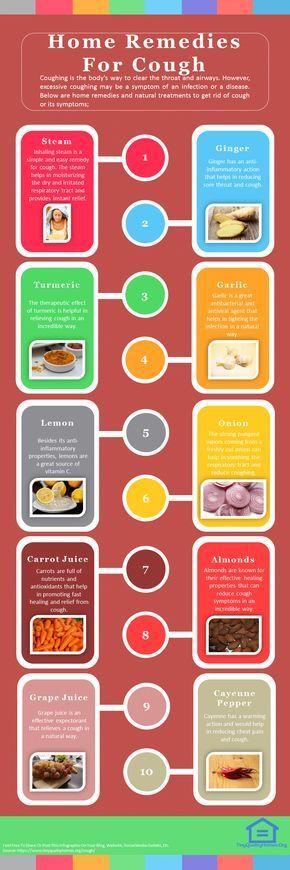
Undesirable effects of licorice
Il excessive consumption of licorice can lead to several side effects . Let's see which are the main ones.
- Advertisement -
- Low blood potassium
- Elevated blood sodium
- Muscle weakness
- Aldosterone reduction (acts on sodium and potassium)
- Lowering blood pressure
- Elevated atrial natriuretic hormone (useful for controlling sodium, potassium and fat levels).
If swallowed in large quantities licorice can be toxic and interfere with metabolism.
They can easily appear swelling, weight gain or loss and high blood pressure. For all these reasons during pregnancy would be best avoided, on the other hand, it's only 9 months old and after giving birth you can try it again! In general, all people with heart disease, kidney failure or hypertension should avoid or limit licorice consumption no more than 50 grams per day.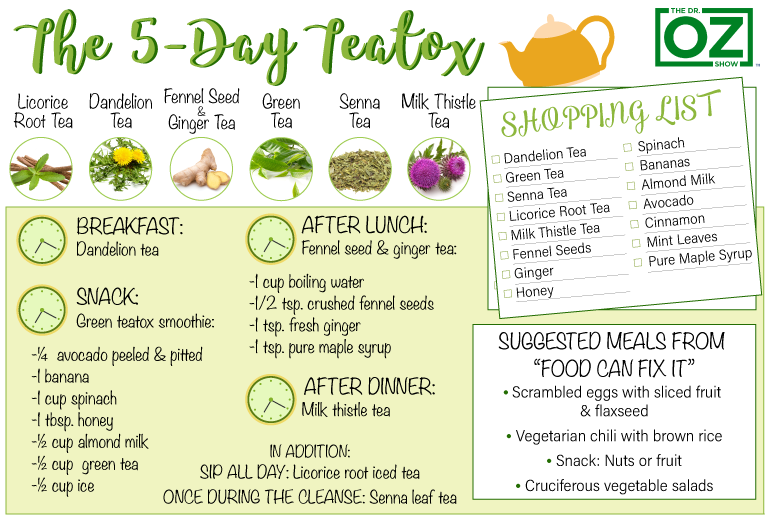
Effects of licorice on the placenta
Although there is no conclusive evidence that glycyrrhizin will have undesirable effects on the placenta enough to recreate conditions high maternal stress, con serious consequences for fetal development behavioral disorders in a child. Through this effect would be a hormone called cortisol , which is the stress hormone.
Under normal conditions the placenta is able to block the passage of cortisol to the fetus. However, if there is too much cortisol, that is, if the mother is too tense or has swallowed a lot of licorice, this barrier no longer works, and cortisol reaches the fetus. In fact, glycyrrhizin is able to inactivate the mechanism anticortisol barrier of the placenta, that's why it is extremely dangerous.
Licorice during Pregnancy: Frequently Asked Questions
Can licorice cause toxoplasmosis during pregnancy?
Toxoplasmosis is an infection caused by bacteria found in raw and cured meats.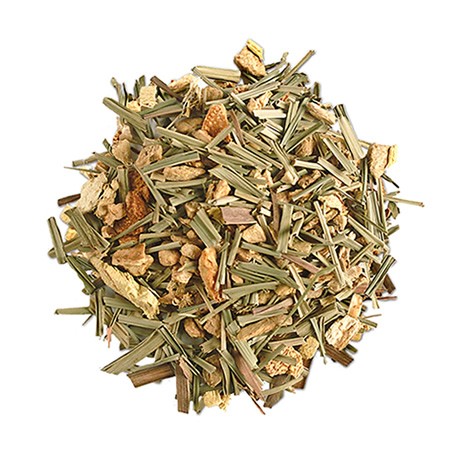 As for licorice, which was originally a plant, it may have harbored harmful bacteria, so if found naturally, it must first be thoroughly cleaned and washed. In any case, as stated in this article, during pregnancy, licorice consumption should be moderated or stopped completely, although there are some benefits, especially for the gastrointestinal tract.
As for licorice, which was originally a plant, it may have harbored harmful bacteria, so if found naturally, it must first be thoroughly cleaned and washed. In any case, as stated in this article, during pregnancy, licorice consumption should be moderated or stopped completely, although there are some benefits, especially for the gastrointestinal tract.
If I eat licorice while pregnant, can I feel contractions?
Licorice during pregnancy, if taken in high doses, may damage the placenta and cause preterm labor with concomitant contractions. However, this only happens if ingested doses of licorice are high. Mothers who care about the health of their children should avoid eating licorice for 9 months before giving birth.
Can you eat liquorice while pregnant?
A small liqueur candy can be eaten to soothe a cough and benefit the entire throat; in addition, in order not to overdo it, it is important to choose the sugar-free type in order to avoid spikes in blood glucose.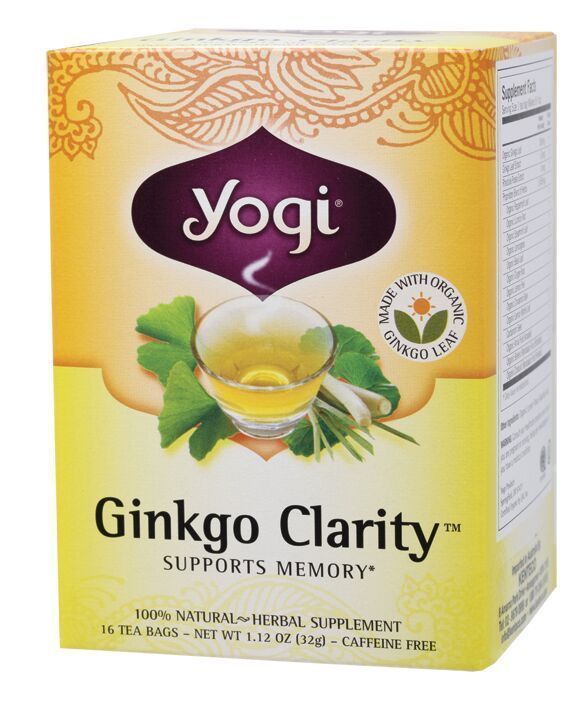 Another tip is to avoid liquor gummy candies, which are really only licorice flavored and full of colorings and preservatives.
Another tip is to avoid liquor gummy candies, which are really only licorice flavored and full of colorings and preservatives.
Can licorice cause nausea during pregnancy?
Contrary to this opinion, we can say that a very small dose of licorice can have a calming effect on the stomach and therefore get rid of the hateful feeling of nausea, which is typical especially during the first weeks of pregnancy.
Licorice herbal teas: drink or avoid?
Decoctions and herbal teas are often greatly appreciated by mothers, who indulge in them as a daily pampering, beneficial and relaxing feature. In particular, liqueur tea can have a beneficial digestive effect, especially when we have eaten too much and feel bloated. During pregnancy, drinking a small amount of licorice herbal tea should not have any particular undesirable effects, but it is always best to check with your doctor or nutritionist who is following your diet during pregnancy.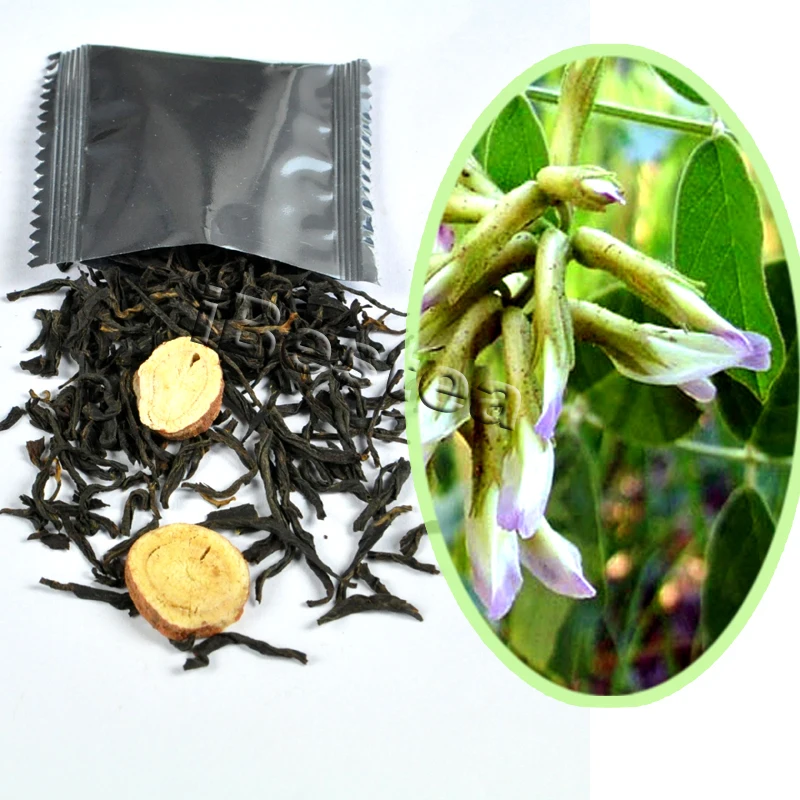
tea recommendations for expectant mothers-DW-18.11.2018
Photo: Picture-alliance/Phane
Culture
November 18, 2018
Caps of aromatic tea not only quenches aromatic tea. thirst, but also helps to relax. What types of tea and types of medicinal herbs do experts from Germany recommend for pregnant women?
https://p.dw.com/p/36mWr
Advertising
Contrary to popular belief that pregnant women should eat and drink " for two " , experienced doctors and midwives advise otherwise. According to gynecologist Christian Windelen from Cologne, one and a half to two liters of fluid a day is enough. It is better to drink boiled water, berry, fruit juices and drinks, various teas.
But tea is different for tea, so the choice of a healing drink should be treated very carefully. A detailed study of the use of herbs for the prevention and treatment of various diseases is carried out by a special area of medicine - herbal medicine.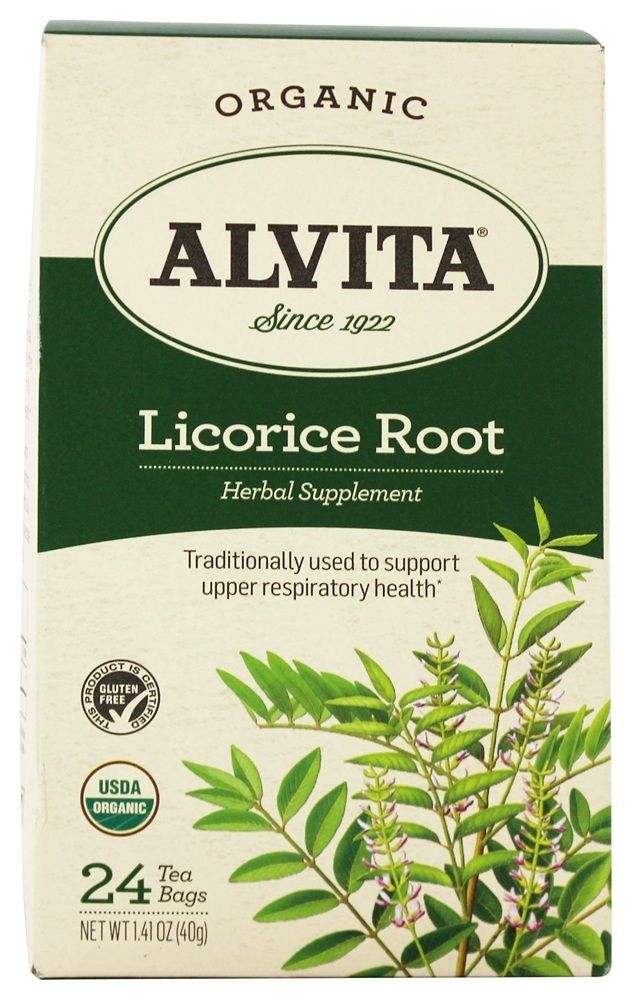 Unfortunately, it is quite difficult to thoroughly study the effect of herbal drinks on the body of pregnant women for ethical reasons, the German gynecologist explains.
Unfortunately, it is quite difficult to thoroughly study the effect of herbal drinks on the body of pregnant women for ethical reasons, the German gynecologist explains.
However, based on years of observation, doctors recommend certain types of herbs during pregnancy. Moreover, herbal infusions can and should be used as a medicine, emphasizes Christian Vindelen. But black or green tea should not be carried away. The reason lies in theine, the so-called tea caffeine. With excessive use, it, like caffeine, can provoke a slowdown in intrauterine development of the fetus.
During pregnancy, no more than three cups a day
Based on the latest research on the benefits and harms of caffeine for pregnant women, the German Nutrition Society (Deutsche Gesellschaft für Ernährung) recommendations suggest limiting the invigorating drink to three cups ( black, green tea or coffee) per day.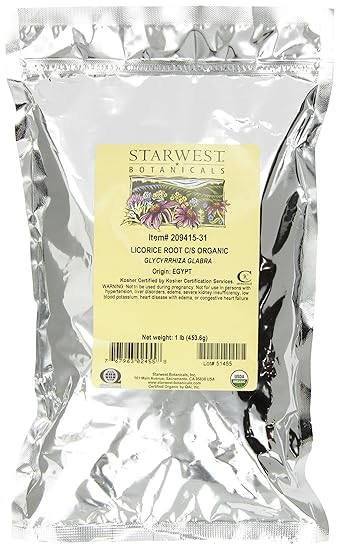 Christian Vindelen advises his patients during pregnancy to replace black tea with herbal infusions that can have a similar invigorating effect - for example, rooibos.
Christian Vindelen advises his patients during pregnancy to replace black tea with herbal infusions that can have a similar invigorating effect - for example, rooibos.
Midwife Martina Höfel from Minden has been advising expectant mothers for many years. Her favorite is herbal infusion made from raspberry and blackberry leaves. Tea has a mild stimulating effect on the walls of the uterus. It is better to drink it warm, not hot, starting from the 37th week of pregnancy, and no more than three cups a day.
Don't get carried away with German favorite herbal teas like mint, hibiscus or ginger root. All of them can contribute to premature uterine contractions, explains Martina Höfel. Drinks from plants with pronounced abortive properties should be completely excluded. These include verbena, rosemary, parsley, calendula, oregano, sage. It is better to refuse from such herbs widely used in folk medicine as St.
The best recipe - variety
Linda von Glahn, consultant of the UGB Healthy Food Association in Berlin, believes that the secret to the correct use of herbal drinks during pregnancy is simple: they need to be rotated more often.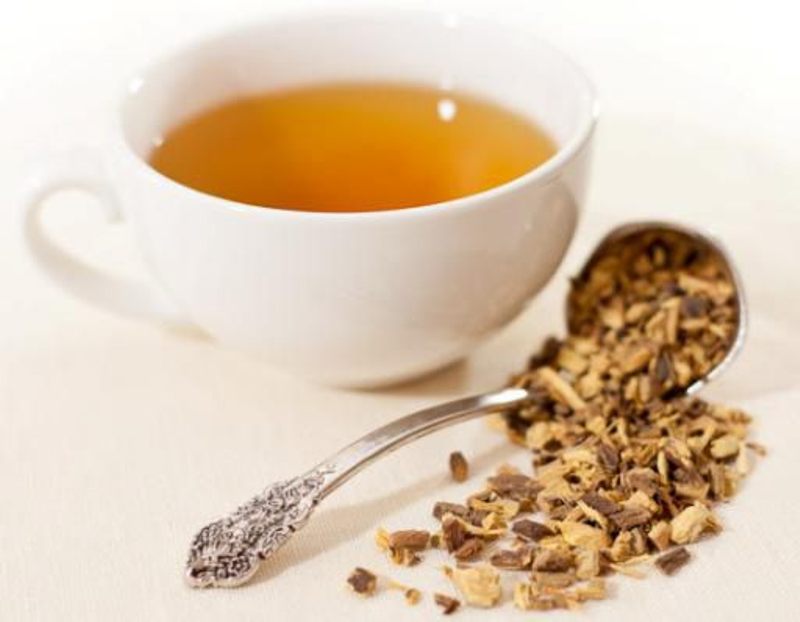 The recipe is not new at all, but effective. An ecotrophologist and expert in baby and pregnancy nutrition offers a range of well-known and undeniably useful plants to choose from.
The recipe is not new at all, but effective. An ecotrophologist and expert in baby and pregnancy nutrition offers a range of well-known and undeniably useful plants to choose from.
These include, for example, fennel, chamomile, lavender and lemon balm, which have a beneficial effect on the functioning of the gastrointestinal tract. Chamomile and lavender have bactericidal and anti-inflammatory properties, help to relax. After a cup of this tea, it is easier and faster to fall asleep.
Rosehip decoction - a drink useful for expectant mothers Photo: imago/imagebroker/Kröger Rosehip decoction, like various fruit teas, is rich in vitamins and minerals. Freshly brewed infusions of fruits and berries strengthen the immune system. But the absolute favorite of ecotrophologist Linda von Glahn is rooibos (rooibos) tea. A drink made from the leaves of an African bush contains an impressive amount of antioxidants and various minerals. It is able to weaken the action of the stress hormone cortisol and positively influence the work of the happiness hormone serotonin.